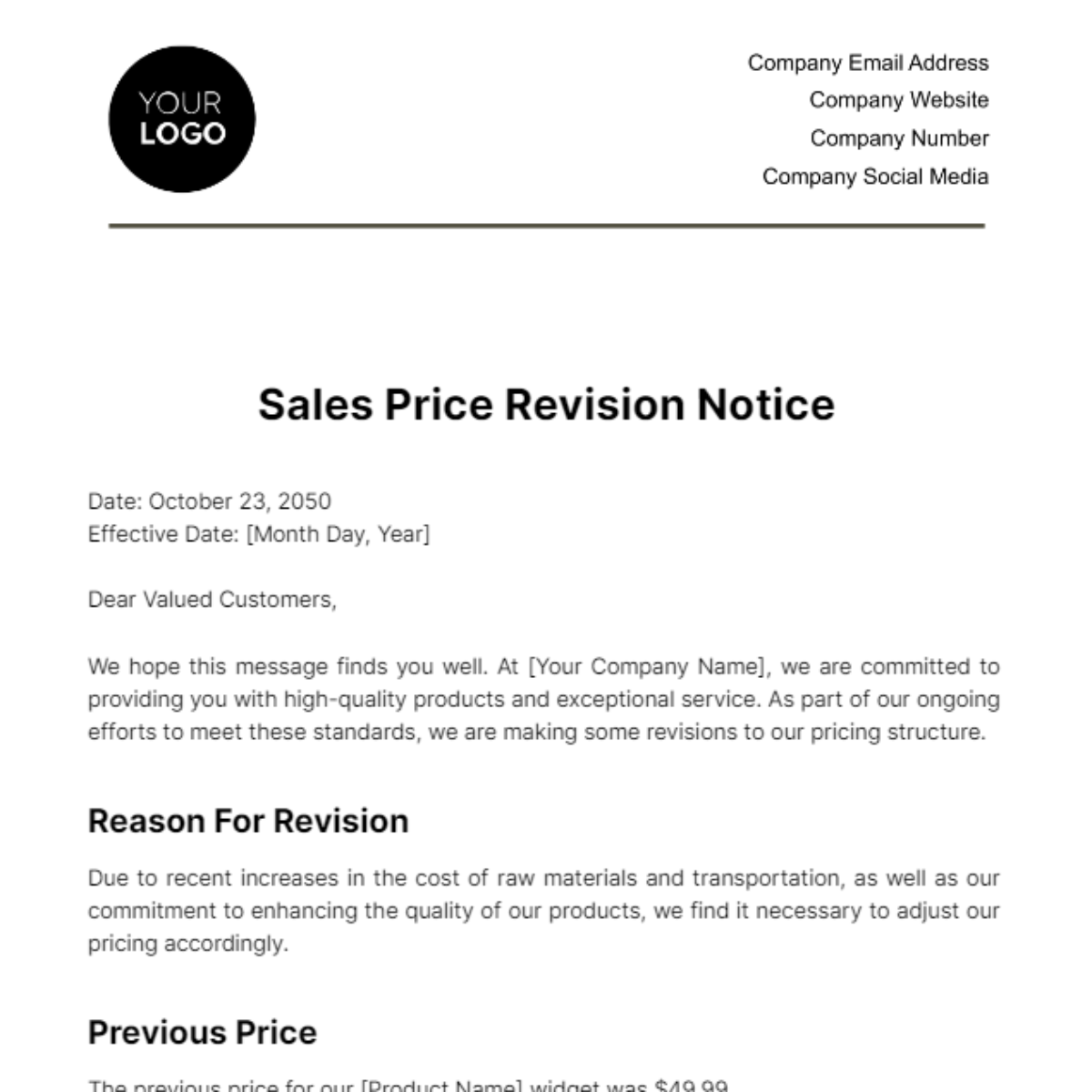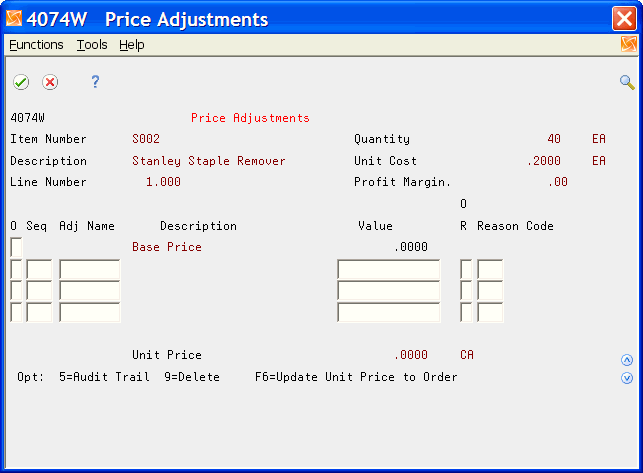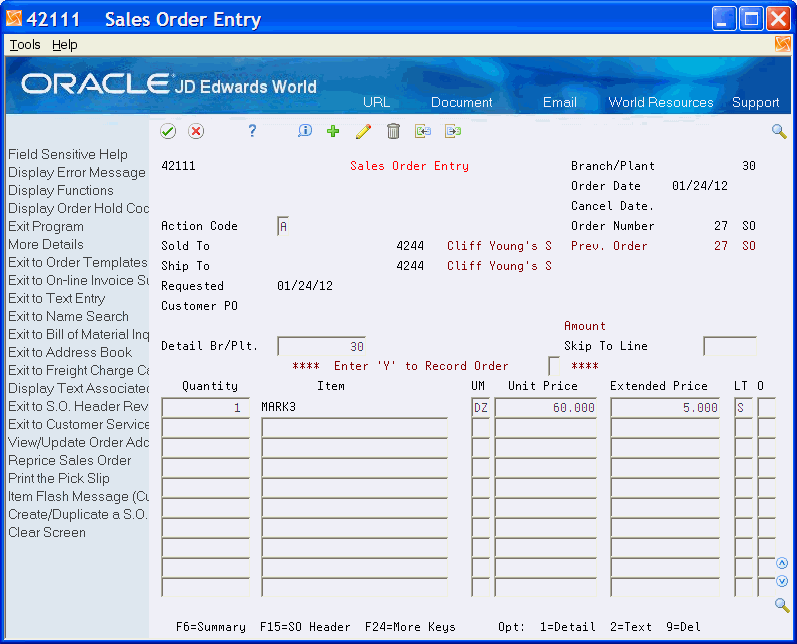Revision policies refer to formal procedures for reviewing and updating documents, contracts, or pricing proposals to reflect changes such as new requirements, errors, or market conditions. These policies ensure that revisions are managed systematically, maintaining accuracy, compliance, and clarity.
Impact on pricing arises because revisions often involve reassessing costs, scope, or terms, which can lead to price adjustments. For example, in sales, a quote revision process involves evaluating how requested changes affect costs and timelines, then updating the price accordingly to reflect additional services or altered conditions. Similarly, pricing policies must be dynamic to respond to market competition, cost changes, or strategic goals, with revisions helping to align prices with current realities.
Key points about revision policies and their impact on pricing include:
-
Revision Types: Revisions can be major (changing scope, procedures, or legal compliance) or minor (clarifications, corrections). Both can affect pricing if they alter the product or service offering.
-
Process: Revisions typically follow a formal process—request, assessment, implementation, and approval—to ensure transparency and agreement between parties.
-
Pricing Adjustments: When revisions add services or change deliverables, pricing must be recalculated to cover additional costs such as labor, materials, or overhead.
-
Policy Review: Regular policy reviews help anticipate necessary revisions, keeping pricing strategies aligned with market conditions and legal requirements.
-
Legal and Ethical Considerations: Pricing revisions must comply with laws against unfair pricing practices like price-fixing or predatory pricing.
-
Automation: Some pricing systems use automated revision elements to adjust prices for inflation or operational cost changes, maintaining profitability over time.
In summary, revision policies provide a structured framework to update agreements or pricing in response to evolving needs or conditions, directly influencing pricing by ensuring it remains fair, competitive, and compliant. This systematic approach helps businesses manage changes effectively while maintaining customer trust and operational efficiency.





